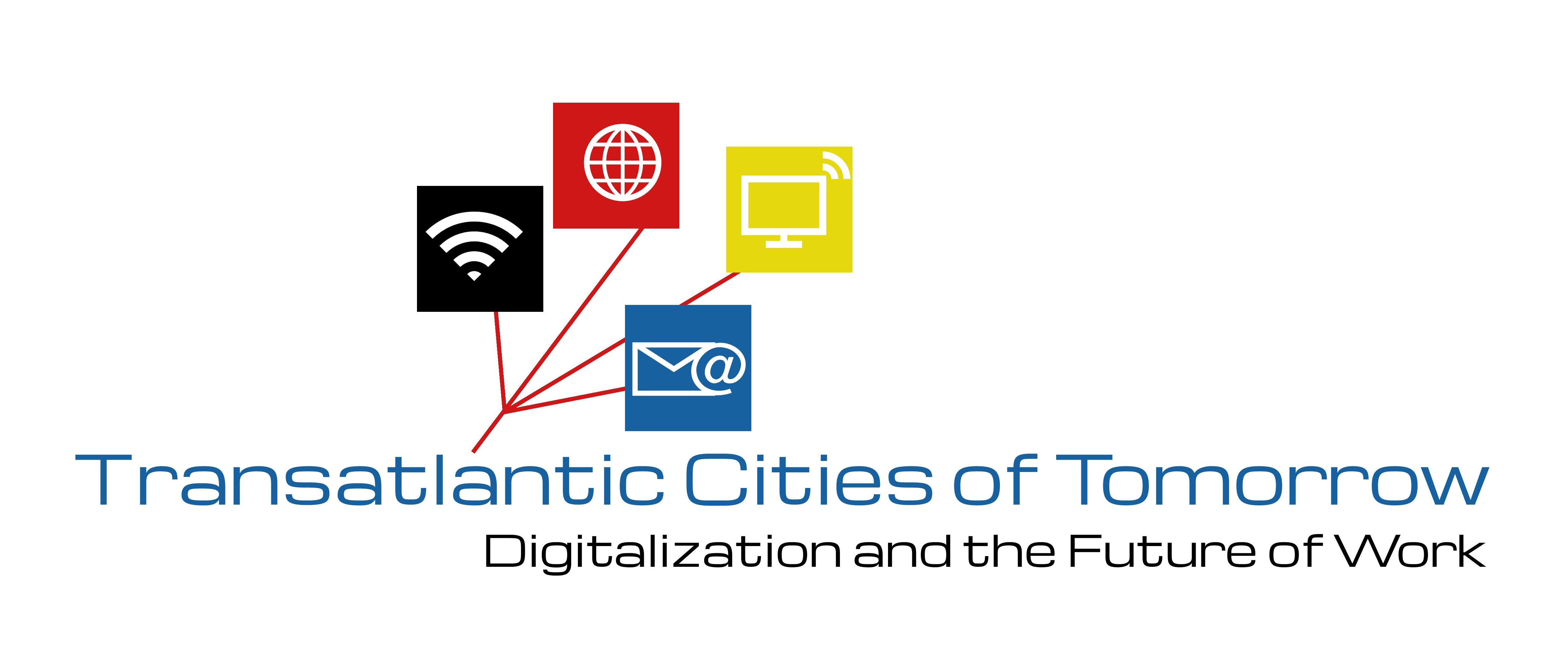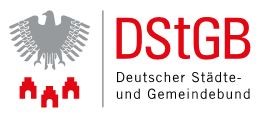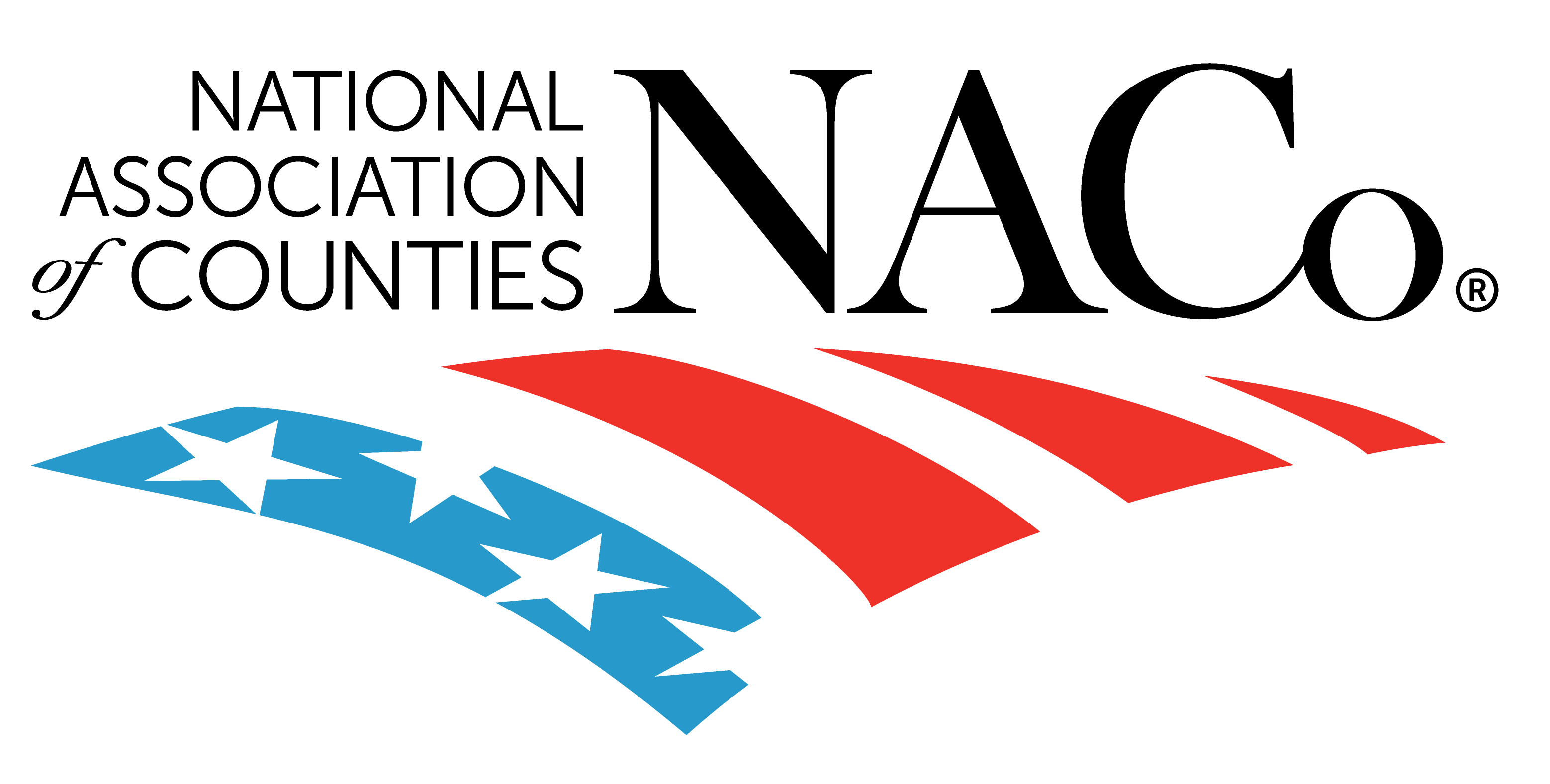 The ACG is cooperating with other organizations in the United States and Germany engaged on the topic of digitalization and the future of work to help identify participants, assist with programming and speakers in the selected cities, and share the lessons and findings from the project to their networks and a broader audience.
The ACG is cooperating with other organizations in the United States and Germany engaged on the topic of digitalization and the future of work to help identify participants, assist with programming and speakers in the selected cities, and share the lessons and findings from the project to their networks and a broader audience.
The organizations below are members of an Advisory Council that meet periodically to provide guidance, feedback, and expertise to the ACG which is solely responsible for the implementation of the project. The ACG is grateful for their support and engagement on this important initiative!

The Bertelsmann Foundation is a nonpartisan think tank dedicated to promoting and strengthening the transatlantic relationship. Through its research, debate forums and multimedia tools, the Foundation provides analysis and solutions to the most pressing economic, political and social challenges impacting the United States and Europe. The Foundation’s future of work project focuses on bridging the gap between high-level future of work dialogue and the creation of practical strategies for cities and regions in the United States and Europe. Since the future of work will affect each industry, community, and worker differently, the project seeks to a) tell the future of work “story” playing out in communities on both sides of the Atlantic; b) serve as a clearinghouse for innovative strategies and approaches that can be adapted by local/regional policymakers; c) provide a feedback loop into national and international policy conversations taking place in Washington, Brussels, Berlin, and elsewhere.
 Deutscher Städte- und Gemeindebund (DStGB) – The German Association of Towns and Municipalities represents the interests of German cities and municipalities. At the provincial, federal and EU level, it gives the municipalities a strong voice. The DStGB addresses the issues that impact citizens locally. Through its 17-member associations, 11,000 large, medium and small municipalities are organized and networked via the DStGB. The German Association of Towns and Municipalities works on a non-partisan basis. The DStGB is actively engaged in digitalization and supports numerous studies and projects that aim to foster digital cities and regions.
Deutscher Städte- und Gemeindebund (DStGB) – The German Association of Towns and Municipalities represents the interests of German cities and municipalities. At the provincial, federal and EU level, it gives the municipalities a strong voice. The DStGB addresses the issues that impact citizens locally. Through its 17-member associations, 11,000 large, medium and small municipalities are organized and networked via the DStGB. The German Association of Towns and Municipalities works on a non-partisan basis. The DStGB is actively engaged in digitalization and supports numerous studies and projects that aim to foster digital cities and regions.
 The Markle Foundation – The Markle Foundation’s Rework America Task Force seeks to transform America’s outdated labor market so that all Americans – especially the nearly 70% without a college degree – have opportunities to thrive in the digital economy. This coalition of diverse leaders from technology, business, labor, education and the public sector is committed to developing bold, practical, non-partisan solutions to building a skills-based labor market that works for all Americans and supports the competitiveness of the American economy.
The Markle Foundation – The Markle Foundation’s Rework America Task Force seeks to transform America’s outdated labor market so that all Americans – especially the nearly 70% without a college degree – have opportunities to thrive in the digital economy. This coalition of diverse leaders from technology, business, labor, education and the public sector is committed to developing bold, practical, non-partisan solutions to building a skills-based labor market that works for all Americans and supports the competitiveness of the American economy.
 National Association of Counties (NACo) – The National Association of Counties (NACo) strengthens America’s counties, including nearly 40,000 county elected officials and 3.6 million county employees. Founded in 1935, NACo unites county officials to advocate county government priorities in federal policymaking; promote exemplary county policies and practices; nurture leadership skills and expand knowledge exchanges; optimize county and taxpayer resources and cost savings, and enrich the public’s understanding of county government.
National Association of Counties (NACo) – The National Association of Counties (NACo) strengthens America’s counties, including nearly 40,000 county elected officials and 3.6 million county employees. Founded in 1935, NACo unites county officials to advocate county government priorities in federal policymaking; promote exemplary county policies and practices; nurture leadership skills and expand knowledge exchanges; optimize county and taxpayer resources and cost savings, and enrich the public’s understanding of county government.
 National League of Cities (NLC) – The National League of Cities is the nation’s leading advocacy organization devoted to strengthening and promoting cities as centers of opportunity, leadership, and governance. Through its membership and partnerships with state municipal leagues, NLC serves as a resource and advocate for more than 19,000 cities and towns and more than 218 million Americans. The NLC’s The Future of Work in Cities report (November 2016) examines societal shifts and advancements in technology that are impacting the rapidly changing American workforce. The report outlines solutions to help city leaders plan for the fast-approaching future contrasts the realities cities face today with the ways they are planning for tomorrow, exploring the means by which cities can exploit innovative opportunities while realigning local governance priorities. This research initiative aims to empower local leaders in cities across America to be proactive rather than reactive toward the changing economy, helping them position cities for growth as these trends accelerate.
National League of Cities (NLC) – The National League of Cities is the nation’s leading advocacy organization devoted to strengthening and promoting cities as centers of opportunity, leadership, and governance. Through its membership and partnerships with state municipal leagues, NLC serves as a resource and advocate for more than 19,000 cities and towns and more than 218 million Americans. The NLC’s The Future of Work in Cities report (November 2016) examines societal shifts and advancements in technology that are impacting the rapidly changing American workforce. The report outlines solutions to help city leaders plan for the fast-approaching future contrasts the realities cities face today with the ways they are planning for tomorrow, exploring the means by which cities can exploit innovative opportunities while realigning local governance priorities. This research initiative aims to empower local leaders in cities across America to be proactive rather than reactive toward the changing economy, helping them position cities for growth as these trends accelerate.


